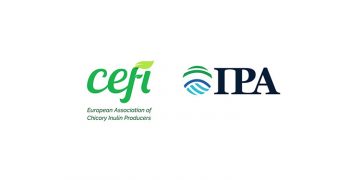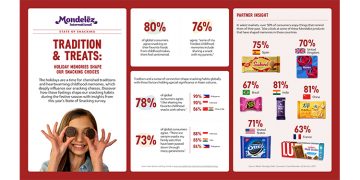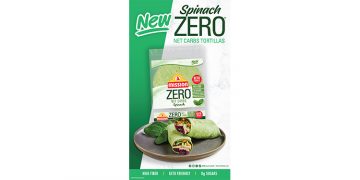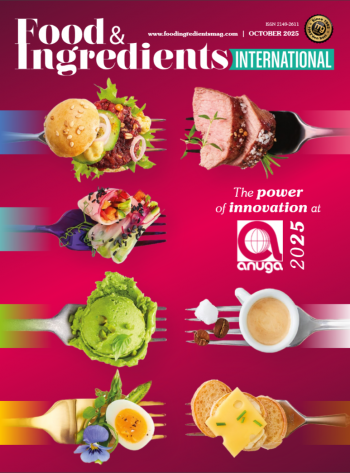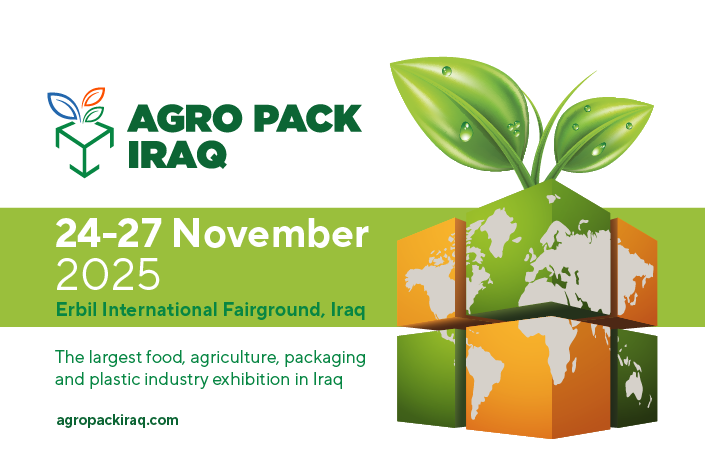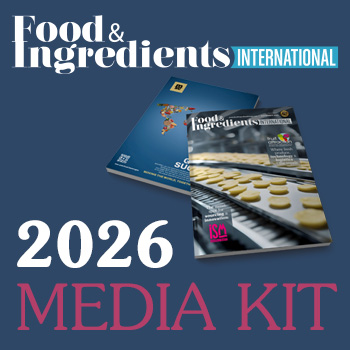Companies hoping to compete in global markets must now respond to deforestation and due diligence regulations, and pay more attention to their climate impacs. To get ahead, companies should reassess their supply chains, including palm oil in the sweets and snacks industry, and the Middle East is no exception.
Palm oil is an essential ingredient in confectionery production. Palm oil is used in chocolates for its unique melting properties, texture and ability to extend shelf life, as found in some of the sensational pistachio cream-filled Dubai chocolate. Yet, when grown unsustainably, palm oil has also been known for potential negative impacts on forests, wildlife and communities.
The Roundtable on Sustainable Palm Oil (RSPO) was founded in 2004 in response to the urgent and pressing global call for sustainably produced palm oil. This voluntary initiative has demonstrated that palm oil can be grown responsibly; primary and secondary forests are protected, wildlife habitats are not harmed and communities are respected.
These efforts translate into measurable results. In the past year, RSPO Certified members conserved 425,597 hectares of forest – about the size of Dubai, and managed over 5.1 million hectares of certified oil palm plantations across 24 countries. Additionally, over 57,000 farmers in 14 countries have benefitted from the RSPO Smallholder Support Fund (RSSF), which has provided USD$5.3 million in funding since 2013.
Sustainable palm oil production is growing at pace within the industry – 20% of global palm oil production is RSPO certified sustainable – and the Middle East has an important role to play. The Middle East sits in a promising position between producing and consuming countries. Indonesia and Malaysia produce 80% of the world’s palm oil, and Europe consumes 45% of RSPO certified sustainable palm oil.
As the Middle East sweets and snacks sector continues to grow, so too will its influence on food systems. Wholesalers, distributors and traders play an important role in maintaining the integrity of the RSPO certified sustainable palm oil supply chain. They link participants in the supply chain together and ensure that RSPO Certified products are kept separate and are never mixed with mainstream, non-certified material. Consumer goods manufacturers and retailers with private label goods also have a considerable opportunity in advancing sustainability by choosing RSPO certified sustainable oil palm products.
Since the start of 2025, the RSPO has welcomed 14 new RSPO Members in the Middle East, Wfor a total of 120 members in the region and contributing to a global network of over 6,000 members. Every actor in the supply chain can play a vital role in our shared vision for sustainable palm oil. Learn more about RSPO Membership and complete this short quiz to find the right membership category so that you too can join the global partnership to make palm oil sustainable.
Get in touch at [email protected]




